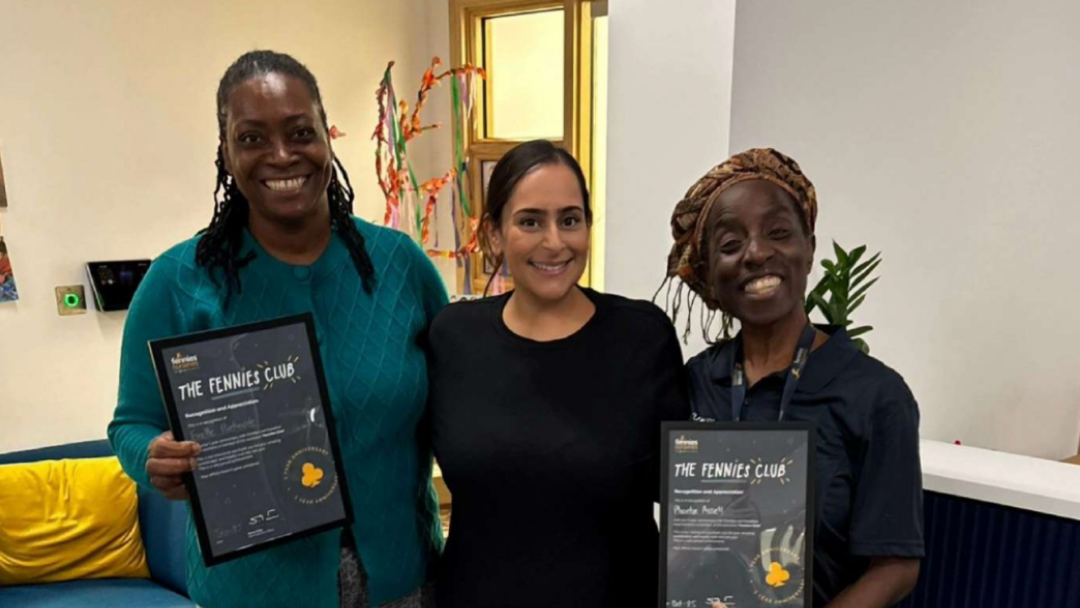Fennies are proud to be accredited by the Early Years Nutrition Partnership (EYNP) for our menus and contribution to supporting good nutrition in the early years. As part of our subscription, we are delighted to bring you regular nutrition updates and evidence-based articles written by our Registered Nutrition Professionals from EYNP, Janet Aylott, and Catherine Lippe.
This months’ topic: Can sugar be part of a balanced diet?
What are Free Sugars?
According to research looking at our diets, most of us eat too much sugar. Current dietary guidelines in the UK encourage all of us to aim to reduce the amount of ‘free sugars’ that we consume. In fact, no more than 5% of our total energy intake should come from free sugars.
Free sugars are the sugars that we add to food or drinks, but also include those naturally present in unsweetened fruit juices, fruit purees as well as honey, and syrups. It doesn’t include the natural sugars found in whole fruits, vegetables, or milk. It can be quite tricky to understand free sugars on food labels as only the total sugar value is included so, for example, a fruit yoghurt may seem high in sugar but the majority of the sugar would be from the milk and fruit which are not free sugars.

Can sugar be part of a healthy and balanced diet?
Yes, sugar in moderation can be part of a diet that also includes a balance of starchy carbohydrates including whole grains, lean protein sources, dairy foods (or alternatives), and plenty of fruits and vegetables. There is room for a little bit of added sugar in our children’s diets but these foods should be included occasionally rather than as the norm. So how much sugar is OK for your child?
Current guidance from the UK Department of Health recommends that children aged 4-7 should have no more than 19g free sugars (5 sugar cubes) per day. There is no guideline limit for children under 4 but the advice is to avoid sugar-sweetened drinks and limit foods containing added sugar.

Can I include sugar in my child’s diet?
Including a small amount of sugar-containing foods in a child’s diet is OK. Learning about different tastes and textures is a really important part of development. Understanding that some foods are to be eaten infrequently is also a good skill to learn.
By allowing some sugar in your child’s diet, can avoid making it appear to be a ‘treat’ or something to be achieved only once less desired foods are eaten.
Try to avoid offering sugar-containing foods as a reward and include them as part of a meal, for example, as a second course, but don’t use the sugar-containing food to bribe a child to eat their vegetables! This will only lead to the child developing a ‘food hierarchy’ approach and will begin recognising the ‘sweet’ food as good, and the vegetables as bad.
Sweet treats during holidays
During national holidays like Easter and Christmas, the same principles apply. Allowing infrequent sweet foods as part of a meal is perfectly acceptable but control access to sweets and chocolate in line with an overall healthy and balanced approach to eating.
During times of the year when sweet treats are more readily available, aim to keep control of what your child is eating, and perhaps ask relatives to avoid just buying sweets or chocolate as gifts so as not to overwhelm them. Perhaps encourage activity-based gifts instead such as magazines, books, or play equipment.
But don’t feel guilty if your child eats more sweets or chocolate than normal, as long as they ordinarily have a good balance, it won’t be a problem for a short period.

Children’s Teeth and Dental Health
Whenever your child has foods or drinks that contain sugar it is really important to think about their dental health. Children should be encouraged to brush their teeth (or have them brushed) regularly, and sugary foods and drinks should only be offered at mealtimes to avoid additional exposure of the teeth to sugar outside of regular eating slots.
FAQ
Subscribe to our newsletter
Stay up to date with Fennies news







.png)


